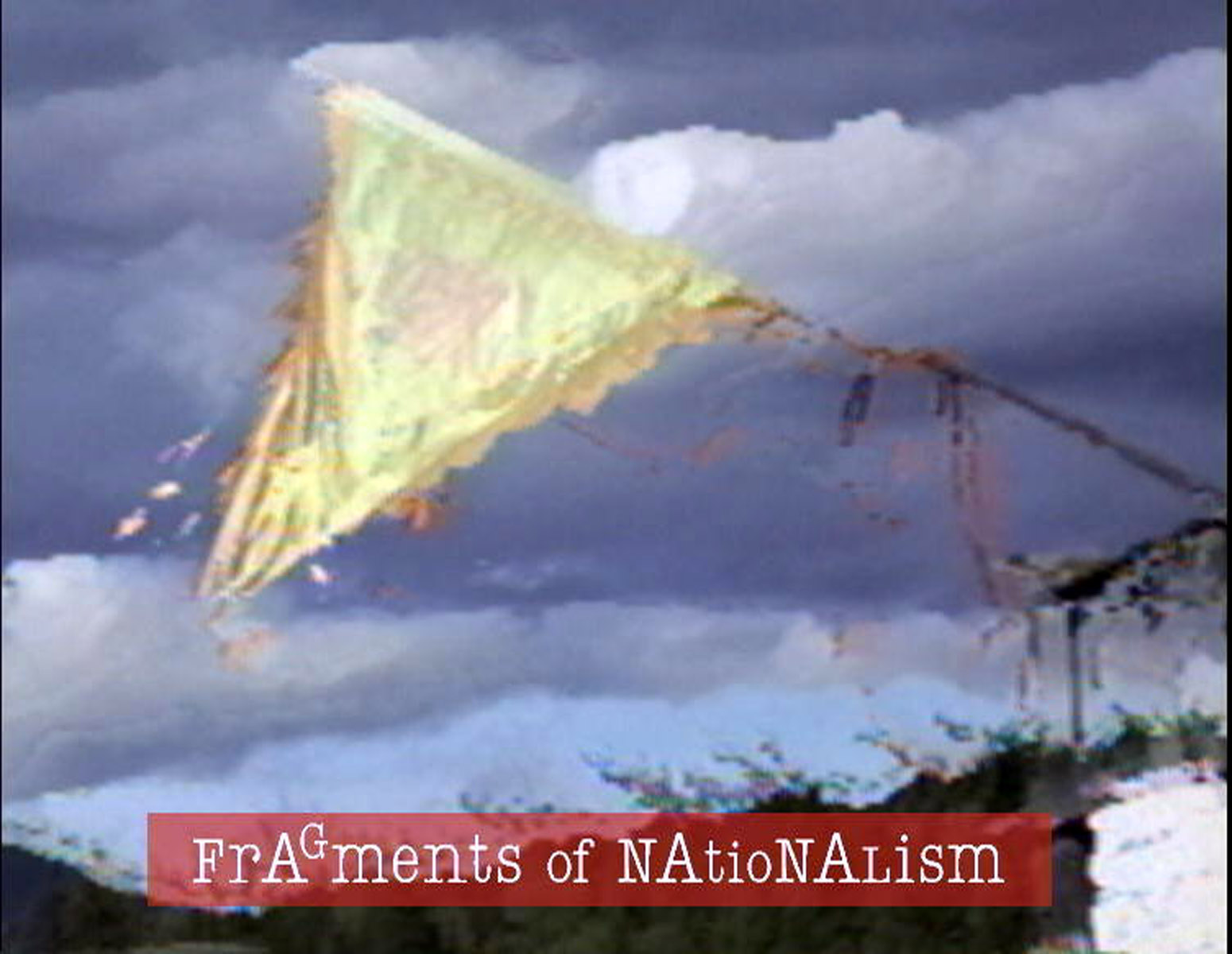In Response to ‘Breaking down the Term Nationalism‘ by Andreas Dafnos
Last week, Andreas posted an article arguing that the blanket condemnation of nationalism found in pro-European thought is too heavy-handed. Instead, we should draw a distinction between an exclusionary holistic form of nationalism and an inclusionary liberal form. The former is expressed most clearly in the rhetoric and actions of the new radical-Right, whereas the latter has the positive potential to bind an association of people together. The implication is that we, as progressives, should attempt to co-opt nationalism from the radical-Right and fight the holistic with the liberal.
Andreas is correct that nationalism comes in a variety of forms and can coexist with a range of other political ideologies. The problem with this distinction, however, is that it suggests the two phenomena are entirely separate from one another. They are not – rather, they are inextricably linked, and even the common rhetorical strategy of applying the qualifier ‘liberal’ as if it meant ‘nice’ will not obscure this. It is true that so-called holistic nationalism was a key aspect of the fascist and militarist regimes that took hold of Europe in the early-20th Century, with Nazi genocide standing at the most extreme end of this spectrum. Yet, for centuries before Hitler and Mussolini, European empires were engaged in perpetrating the most hideous crimes against humanity around the world, informed by a theory of nationalism that was regarded as almost coextensive with liberalism. And if one attempts to respond by drawing distinctions between different sorts of European empire, we should remind ourselves that the system of liberal nationalism did not deliver France and Britain from the bloodbath of the First World War any more or less than conservative nationalism did Germany or Austria.
This dark historical legacy indicates one of the major contradictions in liberal thought, that between the universal and the particular. In theory, liberalism is committed to the equality and essential similarity of all human subjects, and as such lends itself to a political philosophy based on universally-applicable principles. In practice, however, it most often succeeded in taking root within the bounds of a delineated polity, where citizens can immediately recognise such ‘universal’ qualities in one another. The results are, of course, not necessarily pernicious, but one can see how liberalism might be wedded to a form of nationalism that seeks to spread enlightenment over other peoples by force. Let us not forget that the golden age of liberalism was also the golden age of scientific racism, imperial land-grabs and colonial exploitation.
Today, in a world of multilateral institutions and free trade, liberals like to think of their political tradition as inherently internationalist, opposed to the backward parochialism of conservatives or state-socialists. There was certainly a turn away from nationalism in liberal politics after the First World War, and it is to this that we owe much of our global diplomatic and legal framework. Occasionally, however, a slippage can be glimpsed. A good recent example was outpouring of Francophilia across Europe that took place in the wake of the Paris terror attacks last December. Overnight, La Marseillaise saw a revival as an expression of solidarity with the victims and their families, prompting some more critical observers to revisit the detail of the lyrics: ‘March, citizens, form your armies; march, march, so that the impure blood will water your fields…’
Andreas is right to suggest that an emotive sense of belonging is essential to any successful political project (ironically, something that more recent liberal internationalism has tended to ignore) but the national is not the only form of associative identity. Indeed, in the grand sweep of history, what is truly remarkable about Europe since 1945 is not the intergovernmental arrangements between separate nation-states (of which we have plenty of previous experience) but the supranational dissolution of the nationalisms that reduced the continent to rubble many times over. The answer is not to rescue nationalism from the radical-Right. Instead, we need to build on the foundations of a pluralistic identity that encompasses the national, the regional, the continental and many more facets. It has taken decades to prise open the death-grip of the nation-state – we must not allow it to reassert itself.
You can download the article in PDF here.
James Bartholomeusz (1992) is from the United Kingdom and is a policy officer at the Project for Democratic Union.


